Recently, research was published identifying a Tor exit node, located in Russia, that was consistently and maliciously modifying any uncompressed Windows executables downloaded through it. Naturally this piqued our interest, so we decided to peer down the rabbit hole. Suffice to say, the hole was a lot deeper than we expected! In fact, it went all the way back to the notorious Russian APT family MiniDuke, known to have been used in targeted attacks against NATO and European government agencies.
The malware used in this case is, however, not a version of MiniDuke. It is instead a separate, distinct family of malware that we have since taken to calling OnionDuke.
Learn more:
- http://www.scoop.it/t/securite-pc-et-internet/?tag=TOR
Via
Gust MEES



 Your new post is loading...
Your new post is loading...





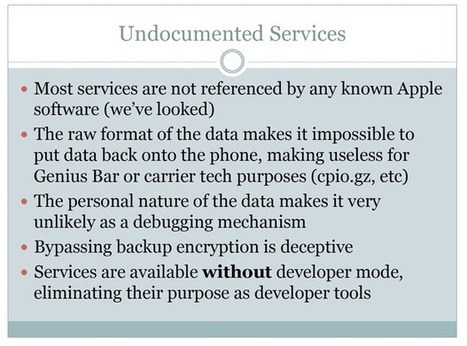
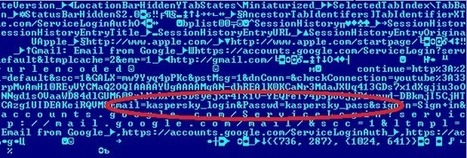
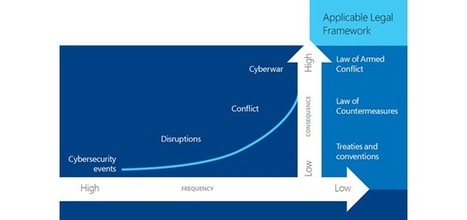
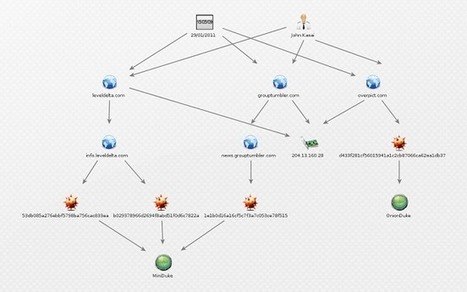
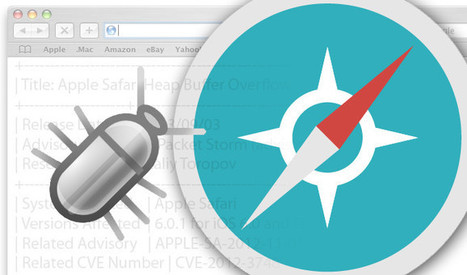





Learn more / En savoir plus / Mehr erfahren:
.
http://www.scoop.it/t/apple-mac-ios4-ipad-iphone-and-in-security
.
https://gustmees.wordpress.com/2014/03/05/often-asked-questions-are-there-cyber-security-dangers-with-apps-and-whats-about-privacy/
.
http://www.scoop.it/t/apple-mac-ios4-ipad-iphone-and-in-security/?tag=XcodeGhost+malware+sneaks+into+the+App+Store...